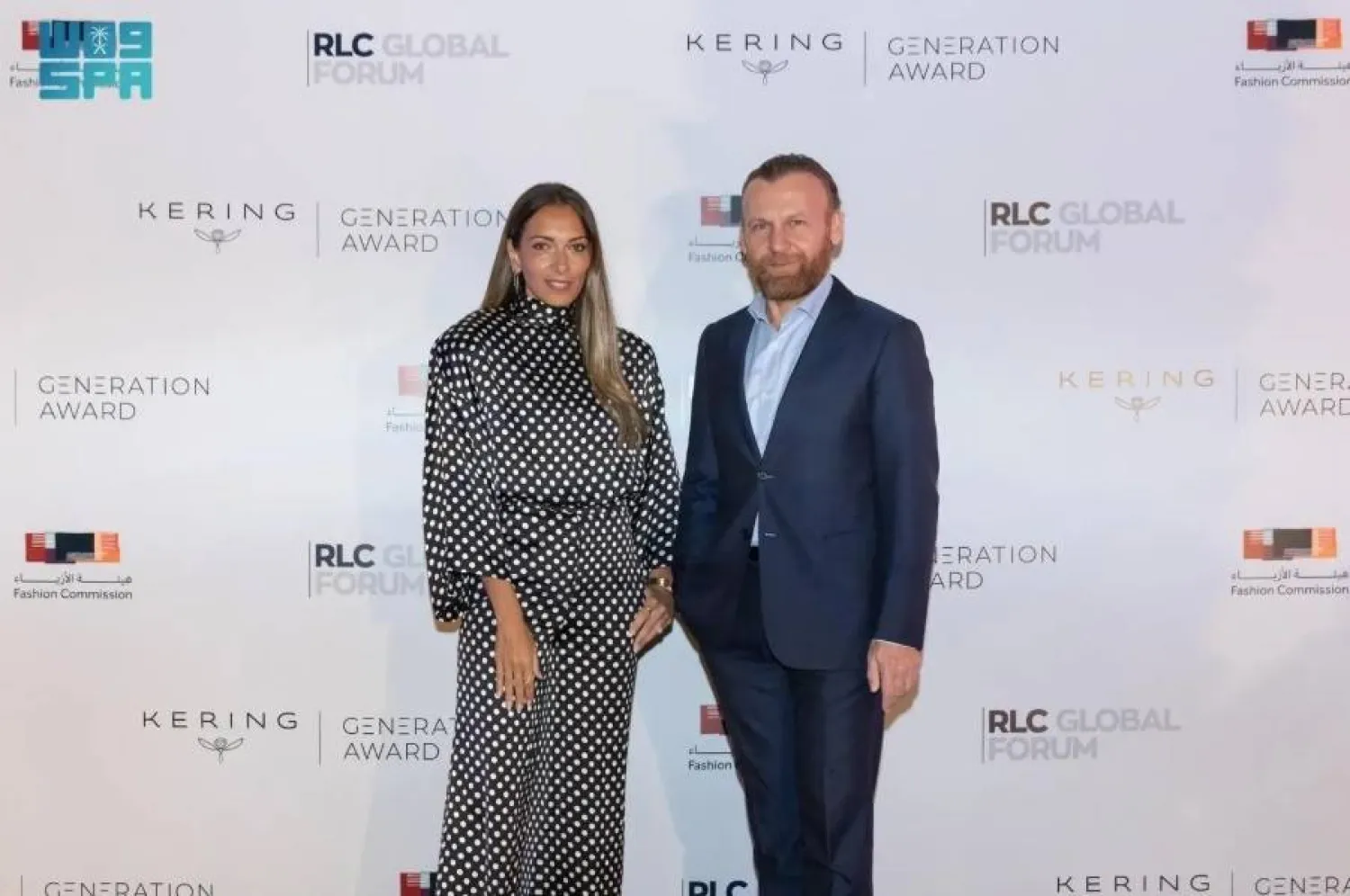Fashion brands are a key driver of demand for green shipping fuels, according to shipping group Maersk (MAERSKb.CO), as the sector faces pressure from consumers and regulators to reduce their climate footprint.
Retailers ship huge volumes of clothes from production centres in countries such as China, Vietnam and Bangladesh to consumers around the world, causing carbon dioxide emissions, according to Reuters.
Overall, the textile industry is estimated to be responsible for between 2% and 8% of global greenhouse gas emissions, according to a United Nations Environment Programme report published last month.
The shipping industry, which itself aims to achieve net-zero emissions by 2050, has begun offering low-emission fuels such as biofuels made from cooking oil and food waste or methanol produced from renewable energy as an alternative to fuel oil.
The fashion industry accounted for 26% of the more than 240,000 containers that Maersk shipped last year using biofuels under its ECO Delivery contracts, making it the biggest sector using the low-emission fuel service, the company said.
"Many of the fashion brands have actually been the ones going for this," Josue Alzamora, global head of lifestyle vertical at Maersk, told Reuters at this week's Global Fashion Summit in Copenhagen.
"Of course, fashion companies also feel the pressure from consumers," Alzamora said.
Nearly one out of 10 containers Maersk, the number two global ocean container shipping firm, handled for owners of fashion brands last year was shipped using biofuels, he said.
The ECO Delivery contracts are sold at a premium to regular shipping.









